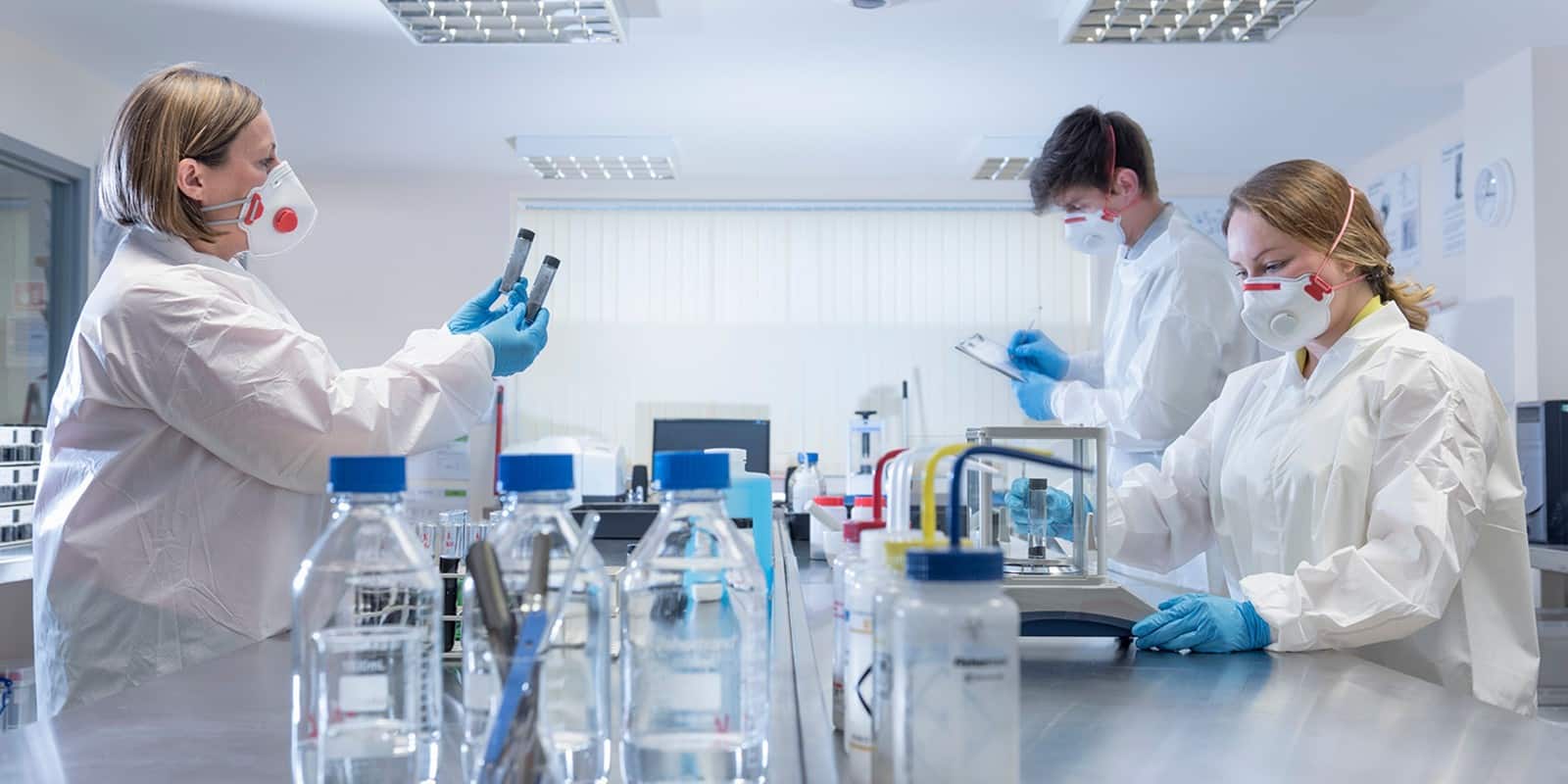The coronavirus pandemic has impacted daily life in Costa Rica, which has declared a State of Emergency and enacted sweeping measures to slow its spread.
Here’s what you need to know today:
Costa Rica receives donation of hydroxychloroquine
Novartis, a Swiss pharmaceutical company, has donated a “substantial amount” of hydroxychloroquine that will be used to treat patients hospitalized with COVID-19 in Costa Rica.
The hydroxychloroquine is expected to allow CCSS to collect clinical data on the drug’s efficacy, according to a press release issued by the Costa Rican Investment Board (CINDE).
“It’s an important donation that will help us with the treatment of patients,” Dr. Mario Ruiz, medical manager for the Costa Rican Social Security System (CCSS), explained Wednesday.
Hydroxychloroquine is a decades-old drug that is more commonly prescribed to treat arthritis or to prevent malaria, according to the Centers for Disease Control and Prevention (CDC).
While preliminary studies have suggested that hydroxychloroquine can improve COVID-19 patient outcomes, the drug remains unproven. The publisher of a French study that touted hydroxychloroquine later said “the article does not meet the Society’s expected standard,” and the CDC says no drugs have been demonstrated to treat or prevent COVID-19.
Clinical trials in the United States and elsewhere are evaluating hydroxychloroquine for the treatment of adults hospitalized with COVID-19. Novartis says it is shipping 130 million doses of the drug worldwide by the end of May.
“We are facing an unprecedented situation in which we are joining the efforts of the government and society to find ways to mitigate the current public health crisis and its socioeconomic implications,” said Pedro Afonso, a regional president at Novartis.
About 600 driving tickets issued daily
Costa Rican authorities are issuing an average of 600 tickets daily to drivers who are failing to abide by the country’s vehicular restrictions.
Until Monday, April 13, a nationwide vehicle restriction will be enforced at all times. Vehicles will be allowed on the roads only for going to the supermarket or pharmacy:
- Thursday, April 9: Vehicles with license plates ending in 2 and 3 are allowed to drive to supermarkets and pharmacies. Most other vehicles are banned from public roads.
- Friday, April 10: Vehicles with license plates ending in 4 and 5 are allowed to drive to supermarkets and pharmacies. Most other vehicles are banned from public roads.
- Saturday, April 11: Vehicles with license plates ending in 6 and 7 are allowed to drive to supermarkets and pharmacies. Most other vehicles are banned from public roads.
- Sunday, April 12: Vehicles with license plates ending in 8 and 9 are allowed to drive to supermarkets and pharmacies. Most other vehicles are banned from public roads.
All public transportation, except taxis and some essential bus routes, will be suspended through April 13.
There are other exceptions to the vehicle restriction; for instance, people in need of medical care can drive to a health center. Click here for a full list of exceptions.
Visit the La Restricción webpage for specific information based on the last digit of your vehicle’s license plate.






